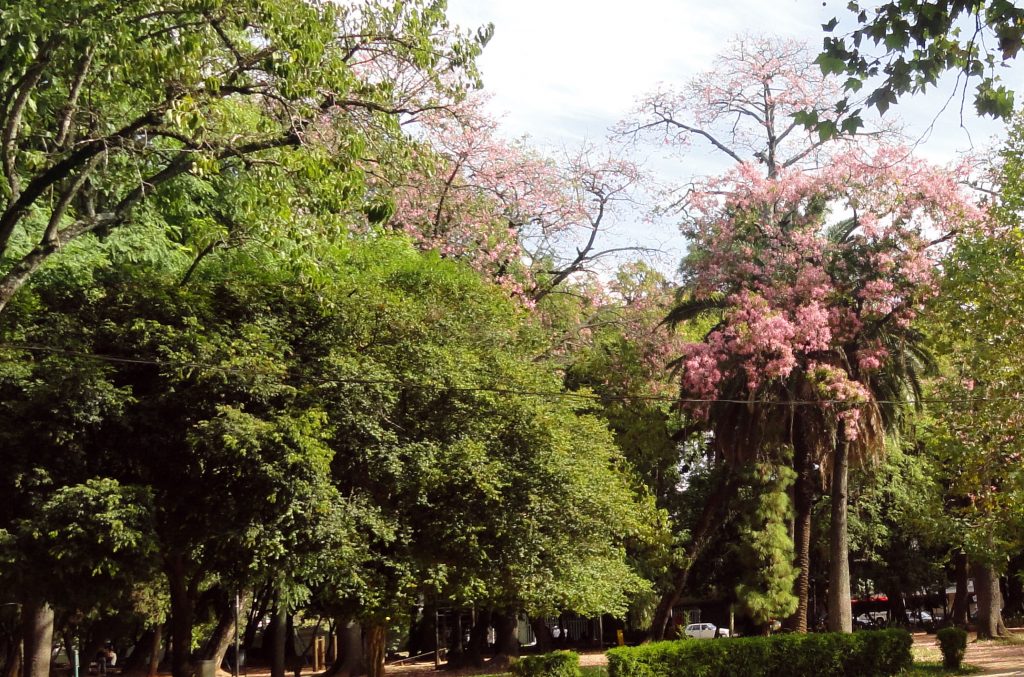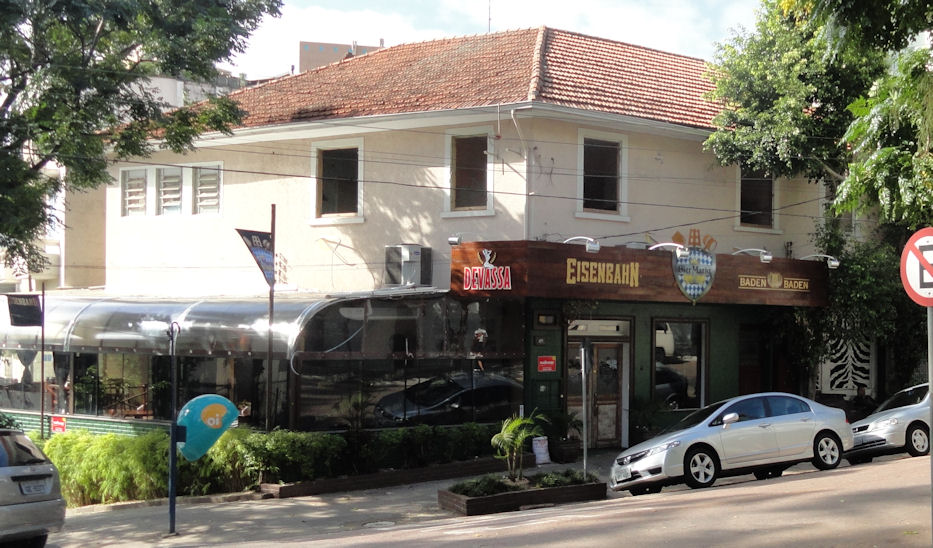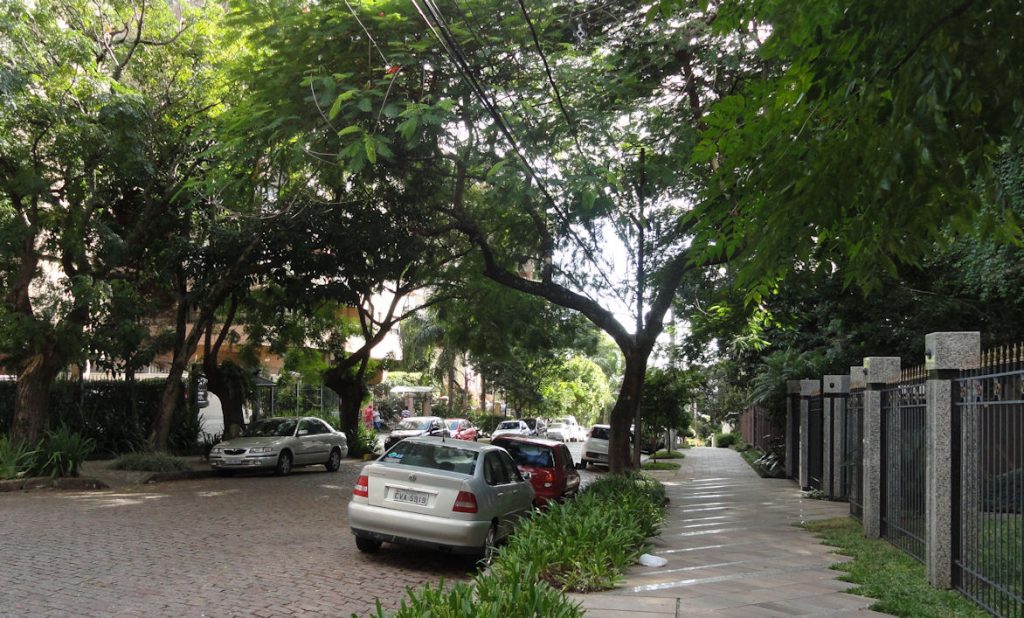I have not written much for a while. We have been unusually busy in the office. What have I been doing?
We have had visits by important people like the Secretary of State and Secretary of Defense. This sucks in more people and time than you might think. I remember when Secretary of State Eagleburger came to Norway back in the 1990s. This was my first SecState visit. He came with a few people. We didn’t have to spend a lot of time preparing for the visit. He knew his business and was not much interested in VIP treatment. I tried to give him some talking points. As near as I can recall his response he said, “I don’t need these things; I make them up.” Suffice to say that it is not like this anymore.
Of course Eagleburger is a special case. He is the only career FSO ever to be Secretary of State. If that is not enough reason to revere him, he was born in Milwaukee, went to school in Stevens Point and got his degree from the University of Wisconsin.
Another thing that has been taking time is writing fitness reports. I wrote my own (we write our own first page), those of my key staff and reviewed those from our consulates. Since I had experience on promotion panels, colleagues have asked me to help with theirs. I tried my best. I work with really great people and when I read their accomplishments I feel much honored to be in this group.
Writing the reports is one of the most important things I do. Good people should get what they deserve. But I really hate the software we have to use to file the reports. It is complicated and troublesome. I never met anybody who actually likes it. It is not intuitive. You spend several hours learning how to use it each April and then don’t use it for a year and have to relearn it next time. But we cannot seem to get beyond it. We used to have a simple Word document that you could fill in. It took a few minutes. But a couple years back, they started to make us use this thing called e-Performance. It transforms a few minutes of work into hours or even days of wresting with the kind of software everybody thought was obsolete in back in the 1990s.
I should not complain. I am very lucky to work in this place, at this time with these people. There is no place I would rather work. I don’t have any unfulfilled career ambitions. Promotion for me would be an honor, but it isn’t very important to me. I am not angling for any job beyond the one I have now. My goal in taking the job as PAO in Brazil was to pursue excellence. I know that sounds hyperbolic, but I just wanted to get it really right before my time was done. This time I felt that I could really devote my full attention. I always thought that if conditions were right, I could produce excellence. Conditions are excellent; me … still not so much. It is humbling to come up against the limitations.




